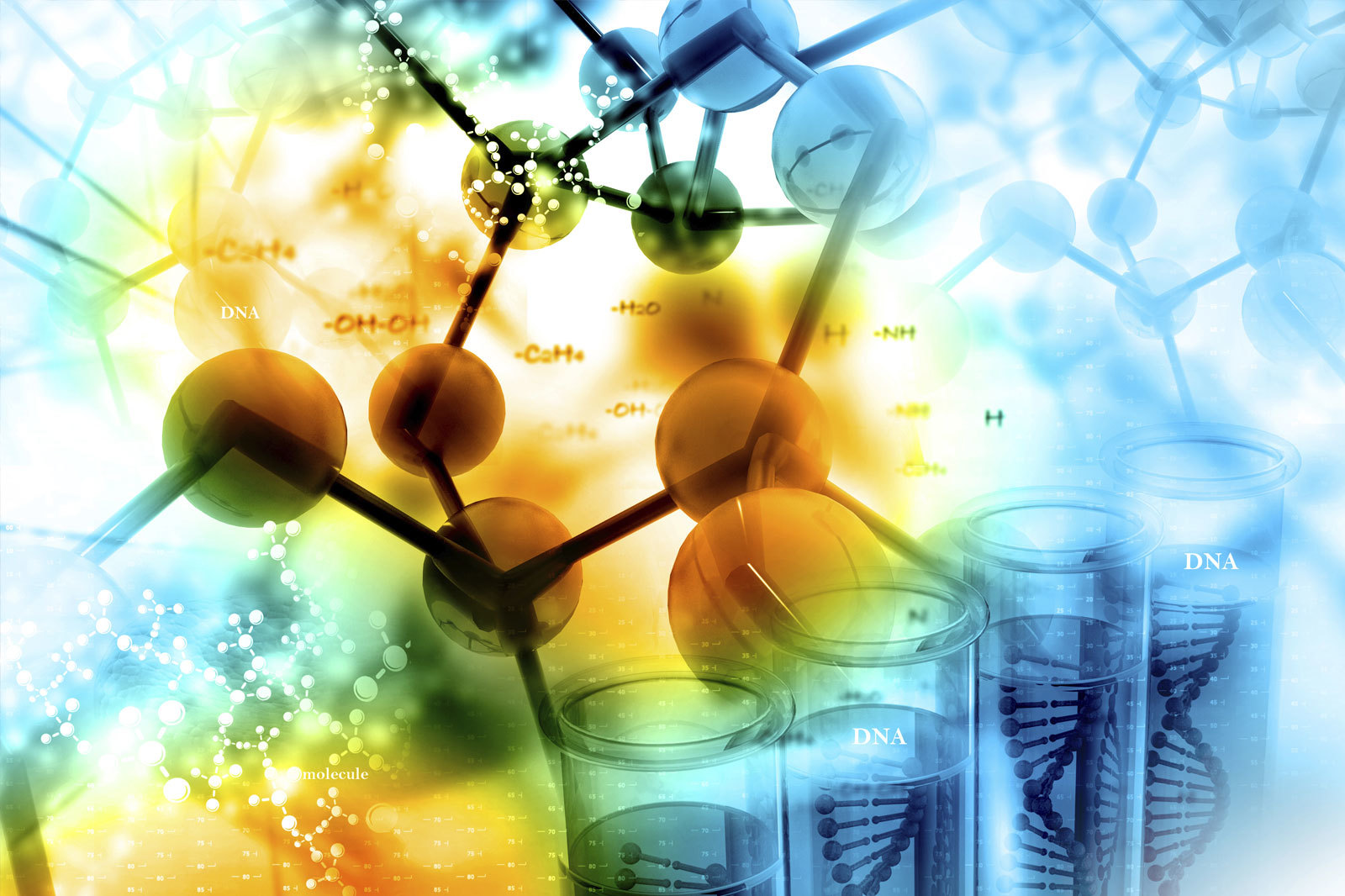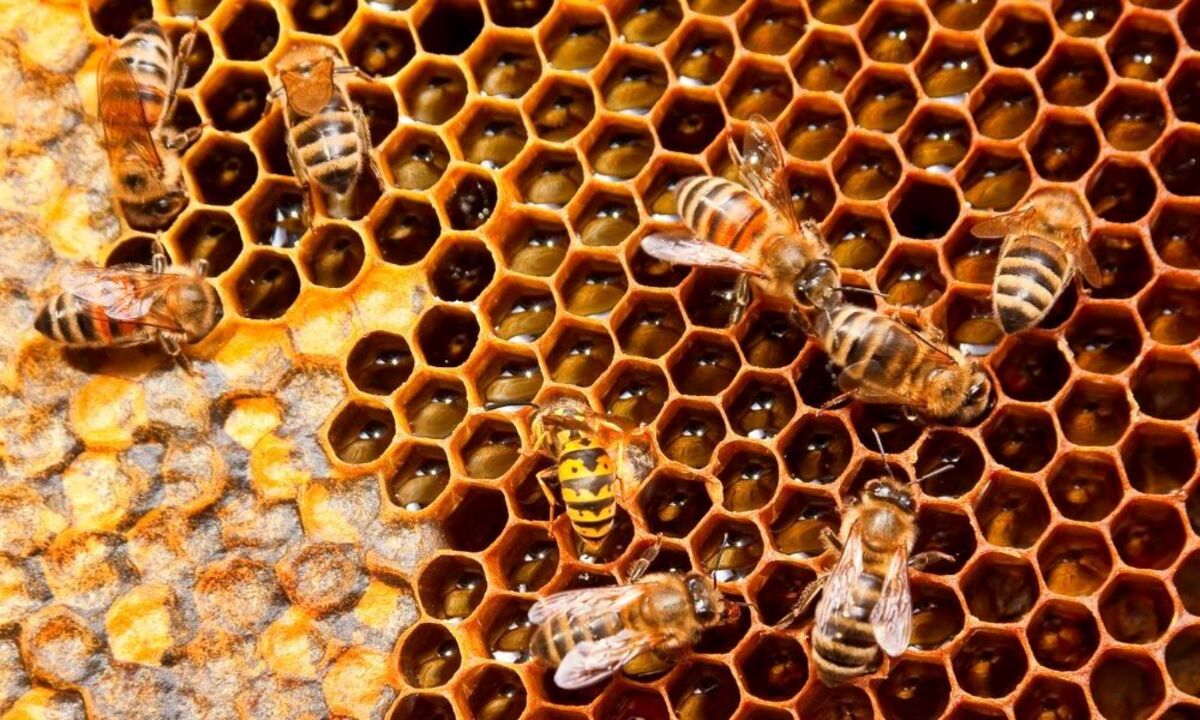
When it comes to the field of science, few disciplines are as fascinating as biochemistry. Combining the principles of biology and chemistry, biochemistry explores the complex chemical processes that occur within living organisms. It is a field that unravels the inner workings of life itself, from the molecular interactions to the biochemical pathways that drive cellular functions.
Whether you are a budding scientist or simply intrigued by the wonders of the natural world, delving into the world of biochemistry can be a mind-opening adventure. In this article, we will uncover eight intriguing facts about biochemistry that will not only expand your knowledge but also captivate your imagination.
Key Takeaways:
- Biochemistry unveils the secrets of life at the molecular level, from essential molecules to the powerhouse of the cell. It’s like a fascinating molecular adventure waiting to be explored!
- Enzymes are the superheroes of biochemistry, speeding up vital reactions in our bodies. Understanding biochemistry is like discovering the magical science behind how our bodies work!
The Essential Molecules of Life
Biochemistry revolves around the study of the essential molecules that form the building blocks of life, including proteins, carbohydrates, lipids, and nucleic acids. These molecules play critical roles in various biological processes and are the foundation of our existence.
The Intricate Dance of Enzymes
Enzymes are the catalysts of life, facilitating numerous biochemical reactions in our bodies. These remarkable proteins speed up chemical reactions by lowering the activation energy required for them to occur. Without enzymes, many essential processes would be too slow to sustain life.
Unlocking the Genetic Code
DNA, the famous double helix structure, contains the genetic instructions that dictate our physical traits and characteristics. Biochemists have made incredible strides in deciphering this genetic code, leading to breakthroughs in gene therapy, genetic engineering, and personalized medicine.
Metabolism and Energy
Biochemistry sheds light on the intricate web of metabolic pathways that fuel our cells and provide the energy needed for life. From the breakdown of glucose to the synthesis of ATP, understanding these processes is crucial for comprehending how our bodies function on a molecular level.
The Powerhouse of the Cell: Mitochondria
Mitochondria, often referred to as the powerhouses of the cell, play a crucial role in biochemistry. These organelles generate energy through oxidative phosphorylation and contribute to several vital cellular processes, including apoptosis and the production of reactive oxygen species.
Proteins: The Workhorses of Life
Proteins are the workhorses of life, carrying out a myriad of functions in our bodies. They serve as enzymes, transporters, antibodies, and structural components, among other roles. Biochemists study the structure and function of proteins to gain insights into their diverse roles in living organisms.
The Beauty of Chemical Equilibrium
Chemical equilibrium is a fundamental concept in biochemistry, governing reactions within living systems. Understanding how reactions reach equilibrium enables us to comprehend how enzymes function, how drugs bind to receptors, and how pH affects biological processes.
The Intersection of Chemistry and Medicine
Biochemistry plays a vital role in the field of medicine. From developing new drugs to diagnosing and monitoring diseases, understanding the biochemical mechanisms underlying health and illness is crucial. Biochemists work tirelessly to find innovative solutions to enhance human well-being.
Conclusion
In conclusion, biochemistry is a fascinating field that plays a crucial role in understanding the chemical processes within and relating to living organisms. From the study of metabolic pathways to the development of new drugs, biochemistry has revolutionized the way we perceive and explore the world of biology. By delving into the intricate interactions between molecules, biochemists have unraveled many of life’s mysteries and paved the way for numerous scientific advancements.Through this article, we have uncovered eight intriguing facts about biochemistry. We have learned about the essential components of living organisms, the importance of enzymes in speeding up chemical reactions, and the role of DNA in carrying genetic information. We have explored the world of proteins, carbohydrates, and lipids, and understood their significance in various biological processes. We have also gained insights into the impact of biochemistry in fields such as medicine and genetic engineering.Overall, biochemistry continues to make significant contributions to various scientific disciplines and has opened up new avenues for research and innovation. By studying the complexities of life at a molecular level, biochemists are making strides in understanding, treating, and even preventing diseases. The future of biochemistry holds great promise, and we can expect it to continue shaping our understanding of life as we know it.
FAQs
Q: What is biochemistry?
A: Biochemistry is the branch of science that studies the chemical processes and compounds found within and relating to living organisms.
Q: How does biochemistry contribute to medicine?
A: Biochemistry provides a fundamental understanding of the biochemical processes underlying diseases, enabling the development of drugs and therapies. It helps in diagnosing and treating medical conditions by identifying specific biomarkers and molecular targets.
Q: What are enzymes and why are they important in biochemistry?
A: Enzymes are proteins that act as catalysts in biochemical reactions. They facilitate the conversion of substrates into products, speeding up chemical reactions and regulating metabolic processes in living organisms.
Q: How does biochemistry relate to genetics?
A: Biochemistry and genetics are closely intertwined. Biochemical processes such as DNA replication, transcription, and translation are fundamental to genetic expression and inheritance. Biochemistry helps in studying genetic disorders, gene expression, and DNA sequencing.
Q: Are all biological molecules studied in biochemistry?
A: Yes, biochemistry examines the structure, function, and interactions of various biological molecules, including proteins, carbohydrates, lipids, and nucleic acids.
Q: What role does biochemistry play in genetic engineering?
A: Biochemistry provides the foundation for genetic engineering techniques such as gene cloning, DNA sequencing, and gene expression analysis. It enables scientists to manipulate and modify genetic material for various applications, including producing recombinant proteins and developing genetically modified organisms.
Q: How has biochemistry impacted the development of new drugs?
A: Biochemistry plays a vital role in the discovery and development of new drugs by identifying molecular targets, studying drug interactions, and understanding the mechanism of action. It helps in drug design and optimization for enhanced efficacy and reduced side effects.
Q: What career opportunities are available in biochemistry?
A: Graduates in biochemistry can pursue careers in pharmaceutical companies, research institutions, academia, healthcare, biotechnology, and forensic science. They can work as researchers, scientists, lab technicians, or educators, among other roles.
Was this page helpful?
Our commitment to delivering trustworthy and engaging content is at the heart of what we do. Each fact on our site is contributed by real users like you, bringing a wealth of diverse insights and information. To ensure the highest standards of accuracy and reliability, our dedicated editors meticulously review each submission. This process guarantees that the facts we share are not only fascinating but also credible. Trust in our commitment to quality and authenticity as you explore and learn with us.


